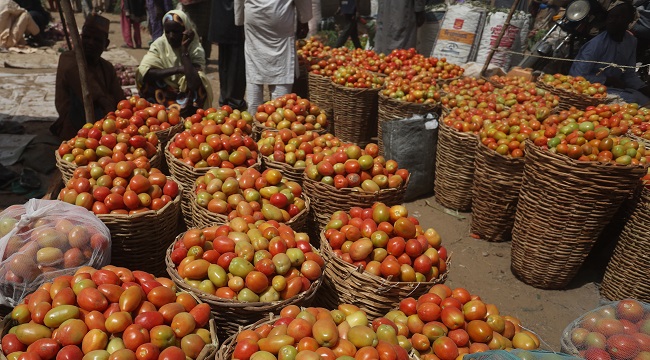Nigeria’s headline inflation has dropped to 24.48% yr on yr in January 2025.
This can be a sharp decline from the 34.80% headline inflation recorded in December 2024.
That is based on the Nationwide Bureau of Statistics (NBS). The Statistician-Common of the Federation Adeyemi Adeniran introduced this on Tuesday.
He mentioned the Client Value Index (CPI) – which measures the speed of change in costs of products and commodities – has declined to 24.48% yr on yr in January.
Adeniran who was talking throughout a briefing in Abuja, defined that city inflation stood at 26.09 per cent whereas rural inflation got here to 22.15%.
READ ALSO: CBN Plans To Curb Inflation, Stabilise Economic system – Cardoso
He mentioned that the final costs of products and companies within the nation declined, in comparison with the 34.80% in December, which used the previous template. Based on him, the rebasing was to maintain up with worldwide requirements.
CPI rebasing means updating the reference yr used to gauge worth ranges within the nation. That is primarily altering the basket of products and companies used to measure inflation to raised mirror present shopper spending patterns and make sure the inflation knowledge displays the economic system’s present.
Based on the CPI figures for the interval underneath overview, the rebased meals inflation stood at 26.08% year-on-year in January, representing a decline within the meals index when put next with 39.84% year-on-year recorded within the previous month.
READ ALSO: Nigeria’s Economic system Nonetheless Going through Disaster, CBN Admits

Equally, the rebased core index which excludes the costs of risky agricultural produce and power stood at 22.59% yr on yr in January.
Based on the NBS, the rebased CPI displays the present inflationary strain and consumption sample of individuals dwelling within the nation.

Earlier within the month, the governor of the Central Financial institution of Nigeria (CBN) Yemi Cardoso restated the apex financial institution’s resolve to push down inflation within the nation and stabilise the economic system.
“Managing disinflation amidst persistent shocks requires not solely strong insurance policies but additionally coordination between fiscal and financial authorities to anchor expectations and preserve investor confidence.
“Our focus should stay on worth stability, the deliberate transition to an inflation-targeting framework, and methods to revive buying energy and ease financial hardship,” Cardoso mentioned throughout a Financial Coverage Discussion board 2025 in Abuja.
The publish UPDATED: Nigeria’s Inflation Price Adjustments From 34.8% To 24.48% appeared first on Channels Tv.







